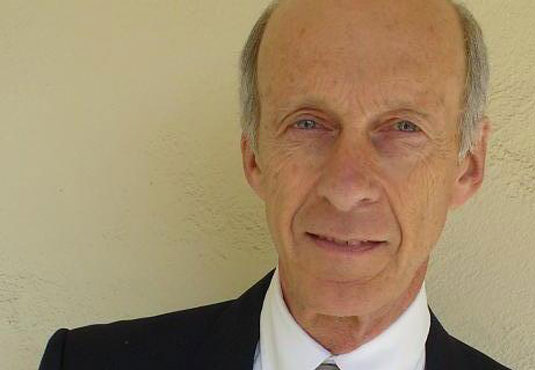There is a new call for a pardon of Alan Turing, who in1952 was convicted of homosexuality. An earlier petition for a pardon was declined by the UK government (he got an apology instead 2009). Lord McNally stated in the House of Lords that:
“A posthumous pardon was not considered appropriate as Alan Turing was properly convicted of what at the time was a criminal offence. He would have known that his offence was against the law and that he would be prosecuted.
It is tragic that Alan Turing was convicted of an offence which now seems both cruel and absurd – particularly poignant given his outstanding contribution to the war effort. However, the law at the time required a prosecution and, as such, long-standing policy has been to accept that such convictions took place and, rather than trying to alter the historical context and to put right what cannot be put right, ensure instead that we never again return to those times”.
However, the eminent signatories of the new call counter by arguing:
“To those who seek to block attempts to secure a pardon with the argument that this would set a precedent, we would answer that Turing’s achievements are sui generis.”
Does that make moral sense?
Read More »Sui generis, or generic gay? Pardoning Alan Turing


